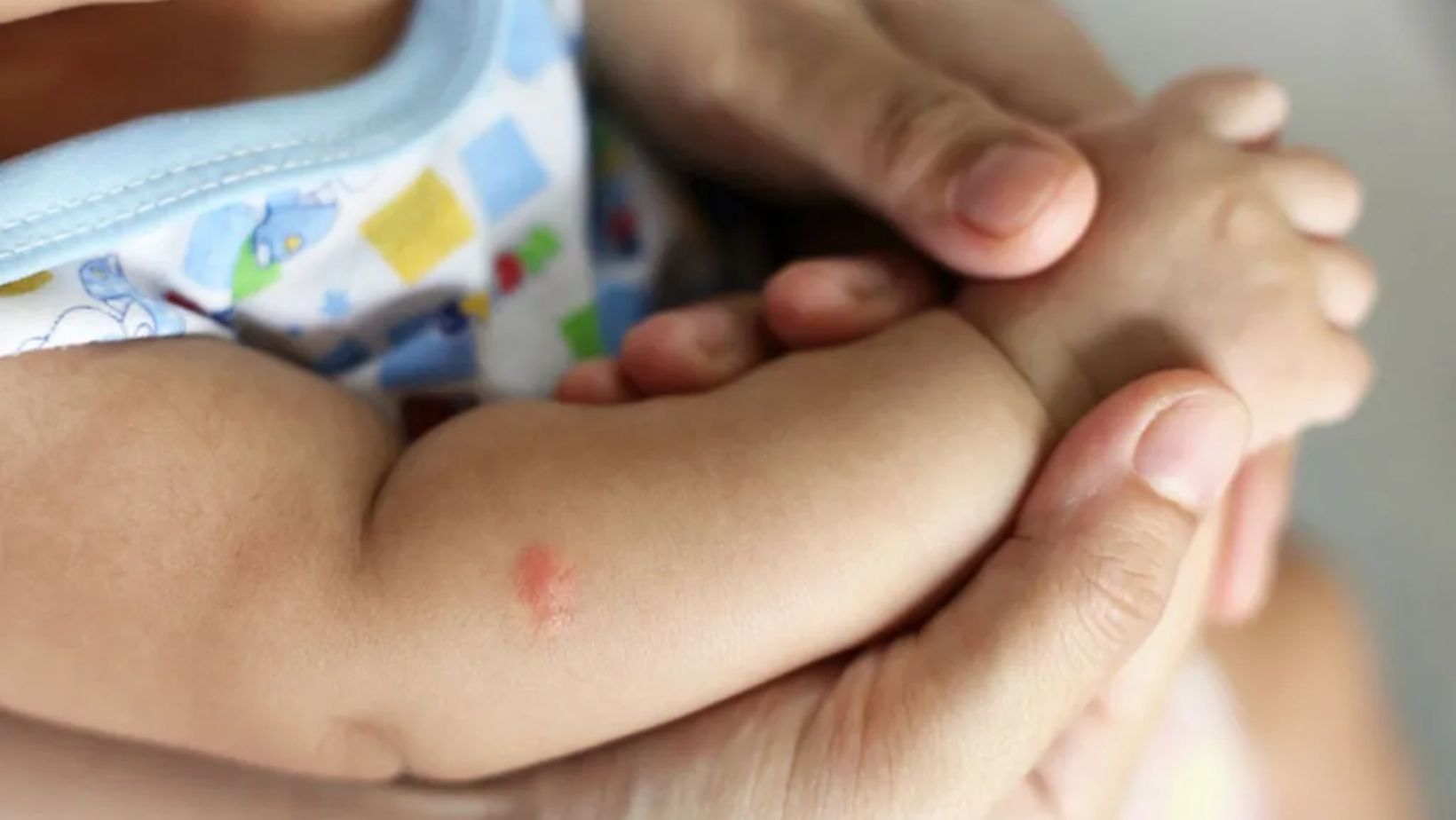The arrival of a new baby is a remarkable and cherished moment, marked by happiness and affection. However, it also brings the responsibility of ensuring your precious little one’s safety and well-being. Among the multitude of concerns that parents face, shielding their baby from mosquito bites takes center stage, particularly during warm summer nights when these troublesome insects are most active. Not only do mosquitoes cause discomfort to your baby, but they can also transmit diseases. In this article, we will explore effective methods to shield your baby from mosquito bites, guaranteeing peaceful, mosquito-free nights.
Dressing Your Baby Suitably
One of the simplest ways to protect your baby from mosquito bites is to dress them appropriately. Opt for long-sleeved shirts, long pants, and socks to cover as much of their delicate skin as possible. Light-colored clothing is recommended since mosquitoes are generally drawn to darker colors. Tucking your baby’s pants into their socks can create a barrier that prevents mosquitoes from reaching their skin.
Read more.. Monitoring Transformations in National Insurance Policies
Utilizing Mosquito Nets
Mosquito nets remain a timeless and effective means of keeping mosquitoes at bay. You can employ a crib net or a portable mosquito net that can be draped over your baby’s stroller or car seat when you venture outdoors. It is imperative to ensure that the netting is securely fastened, leaving no openings for mosquitoes to infiltrate.
Securing Your Home Against Mosquitoes
Mosquitoes can infiltrate your home through tiny openings. It is crucial to ensure that all windows and doors have screens in good condition that fit snugly. Promptly repair any holes or tears in the screens. In areas with a high mosquito population, consider using mosquito nets or screens for your baby’s crib or playpen.
Choosing Baby-Safe Mosquito Repellents
Select a mosquito repellent that is safe for infants. Seek products containing DEET in concentrations of 30% or less, picaridin, or oil of lemon eucalyptus. Apply the repellent sparingly to your baby’s clothing and exposed skin, taking care to avoid the eyes, mouth, and hands. It is essential to closely follow the instructions provided on the product label.
Exploring Natural Repellents
For those who prefer natural alternatives, there are several baby-safe options to consider. Essential oils such as citronella, lavender, and eucalyptus can be diluted with a carrier oil, like coconut oil, and applied to your baby’s skin. However, exercise caution and consult with your pediatrician before using essential oils on very young infants, as certain oils may not be suitable for them.
Ensuring Your Baby’s Sleeping Area Is Mosquito-Proof
It is vital to fortify your baby’s sleeping area against mosquitoes. This involves using a mosquito net over their crib or bassinet and ensuring there are no stagnant water sources nearby, as mosquitoes breed in standing water. Adequate ventilation in the room is essential, and if necessary, use a fan to create airflow, making it more challenging for mosquitoes to land on your baby.
Read more.. Progresses in Clinical Innovation: Developments Forming Medical Care Conveyance
Timing Outdoor Activities Wisely
Mosquitoes are most active during dawn and dusk, so plan outdoor activities accordingly. If you need to take your baby outdoors during these times, employ mosquito nets or protective clothing to minimize their exposure.
In Conclusion
Safeguarding your baby from mosquito bites is essential for their comfort and well-being. By following these recommendations, you can establish a secure and mosquito-free environment for your precious little one. Always ensure the use of products safe for babies and consult your pediatrician if you have any concerns about the application of mosquito repellents or essential oils on your baby. With the right precautions, you can ensure that your baby enjoys peaceful nights and mosquito-free adventures during the day.
Read more.. Care Supreme Health Insurance: Your Top Choice for Comprehensive Coverage




